- ON THE DECADE
- THE DECADE'S CAMPAIGN
- REPORTING ON PROGRESS
- THE DECADE'S PROGRAMMES
- FOCUS AREAS
-
- Access to sanitation
- Financing water
- Gender and water
- Human right to water
- Integrated Water Resources Management
- Transboundary waters
- Water and cities
- Water and energy
- Water and food security
- Water and sustainable development
- Water and the green economy
- Water cooperation
- Water quality
- Water scarcity
- FOCUS REGIONS
- RESOURCES FOR
- UN e-RESOURCES
Water for Life Voices
Dispersion
Scientists, experts, private sector leaders, NGOs, policy makers and representatives from case studies talk about what has worked over the Decade, and where we can improve.
Voices of Experts
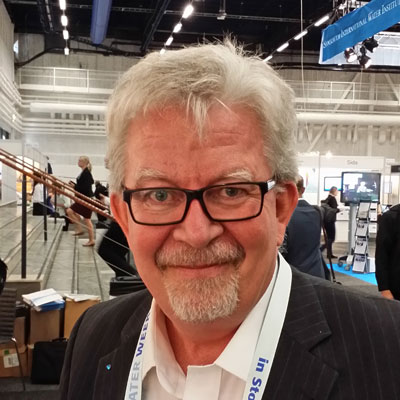
Anders Berntell
2030 Water Resources Group
"I think the focus of the international discussions on water has changed a lot. 10 years ago there were lots of discussion about the privatization of water, that’s gone. The human right to water is recognized and within the water discussion there’s much more focus on management of water resources, the water-food-energy-climate change nexus, and on the scarcity of water resources."
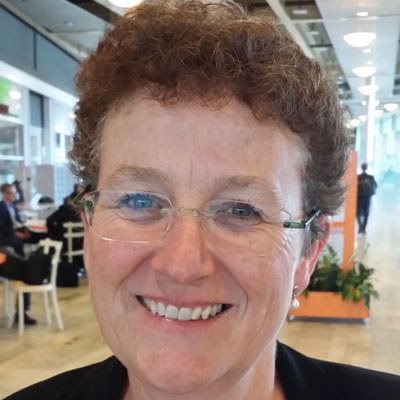
Clarissa Brocklehurst
Senior Advisor, Sanitation and Water for All Secretariat
"One of the differences is that things that were crazy ideas 10 years ago are now being discussed as quite sensible solutions. Now we’re not talking about whether excreta reuse is a good idea or not, we’re talking about all the different ways to do it, including some quite crazy ways - but it’s all good."
Voices from Business
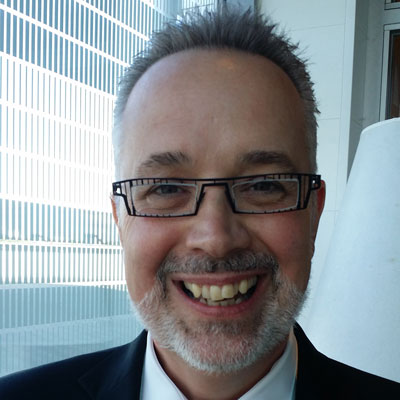
Dan Bena
Pepsico
"In the last 10 years it is amazing to me how many different partners are starting to collaborate now. So I remember when I first started this [initiative] years ago, the idea that the private sector could engage with the United Nations was taboo, that was never a consideration, but more and more the private sector is being invited to different round tables by the UN."
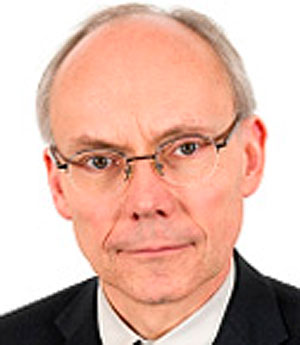
Dominique Gatel
Veolia
"The water sector has become a lot more professional over the last 10 years. A small concrete example is Water Quality, which is now in most places monitored in a transparent manner with performance indicators, which allow tracking and shows improvements."
Voices from Civil Society Organisations
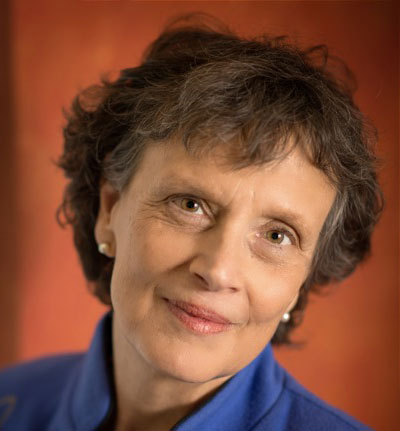
Carolyn Meub
Executive Director, Pure Water for the World
"We have learned much over the past decade. What's very exciting is that the technology exists today to deliver safe water solutions to people across our planet. We no longer need to focus on the technology of making safe water accessible. Rather the focus is shifting to sustainability."
>> More Voices from Civil Society Organisations
Voices from the field: Case Studies
Leo Saldanha
ESG, Bangalore, India
"We had a wonderful system of lakes for centuries. For the last 50 or 60 years we forgot to maintain them. It reached a stage where the lakes might be privatized; they would have put floating hotels on them. If we could have urbanization with an organic spin the environment could take care of itself. But the elite-promoted urbanization was negative. The higher up in society people were, the less they saw what was happening on the ground, they were removed from it. What we needed was to develop without compromising life and health. It was easy to talk with the poor about protecting the lakes – they rely on the commons for the livelihoods and they value them like something sacred."
Natalia Dejean
ORMAX Safe Water and Sanitation for All, Republic of Moldova
"I was born in Moldova. For me it is very important to see the people. Like anyone, these people don’t like to be told what they should do, what is good for them. If you don’t speak the language you don’t see the sincerity. Something has changed in people’s lives here [since ORMAX began the project in Moldova]. We are not building roads or houses. But we empowered people to change their own lives by educating them. They have become the drivers of the work and that is very positive. We ask people if their perceptions of waste management and water have changed but they give us what they think are the correct answers. Not necessarily their own opinions. But what they say is unimportant. What they do is important."
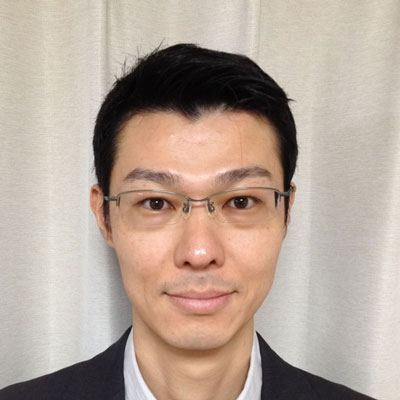
Seio Utsunomiya
International Affairs Office, Tourism, Culture and Exchange Bureau, Kumamoto City, Japan
"Kumamoto is Japan’s number-one pure groundwater city: the biggest city where all the water is supplied by groundwater. This is a very unique and precious thing. We use water for agriculture, industry and for daily use. The economy depends on it. Preserving it is our top priority. It will continue to be the most important issue. People didn’t appreciate how lucky they were to have this pure source of groundwater, or the seriousness of water issues. The most difficult aspect was the first step. Citizens took water for granted and didn’t think about it."
Teddy Gounden
eThekwini Water and Sanitation, Durban, South Africa
"We couldn’t look to the past even if we had wanted to. The processes were different, as were the challenges. Several hundred informal settlements had sprung up, essentially communities in transition. One million people living in shacks. As an interim solution we had to put in shipping containers with showers and toilets. This was a unique solution for a unique situation. Durban has hills and valleys with a sparse population. Neighbours lived some 500 metres from one another. There were no roads. Part of our challenge was to build roads to bring the vehicles in. There were no water or sewer networks. We had to dig reservoirs in rough terrain and maintain water pressure far from the city."
>> Intro
>> Progress
>> Pride
>> Hope
>> Your Voice
>> End
>> Full Exhibition
>> Ecosystems
>> Empowering communities
>> Food security
>> Gender and water
>> Groundwater
>> Hygiene
>> Open defecation
>> Participation
>> Sustainable development
>> Water and culture
>> Water and disasters
>> Water and energy
>> Water and health
>> Water for cities
>> Water efficiency
>> Water quality
>> Water scarcity
>> Voices of experts
>> Voices from business
>> Voices from the civil society
>> Voices from the field: case studies
>> Africa
>> Asia and the Pacific
>> Europe
>> Latin America and the Caribbean
>> Middle East
>> Oceania
>> Decade’s achievements. From MDGs to SDGs
>> Five years of UN-Water "Water for Life"
Awards 2011-2015
>> Water for Life Voices
Copyright | Terms of use | Privacy notice | Site Index | Fraud alert | Help




